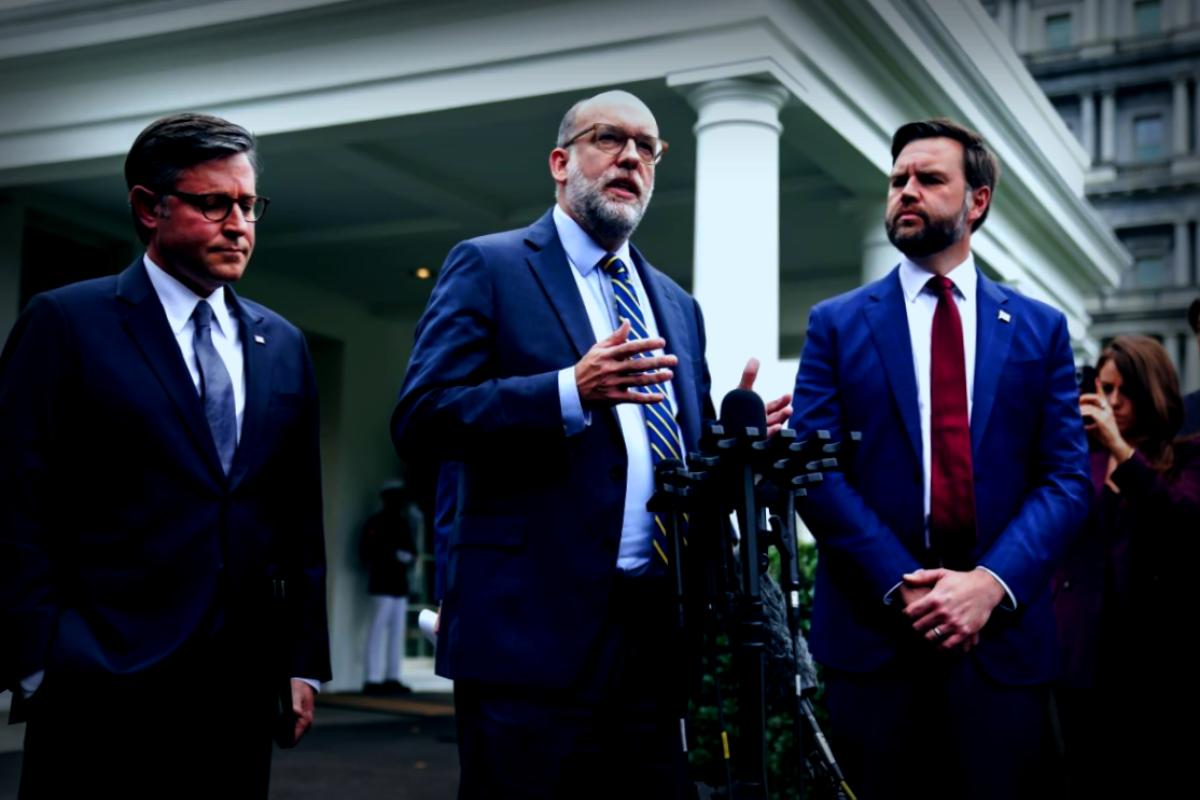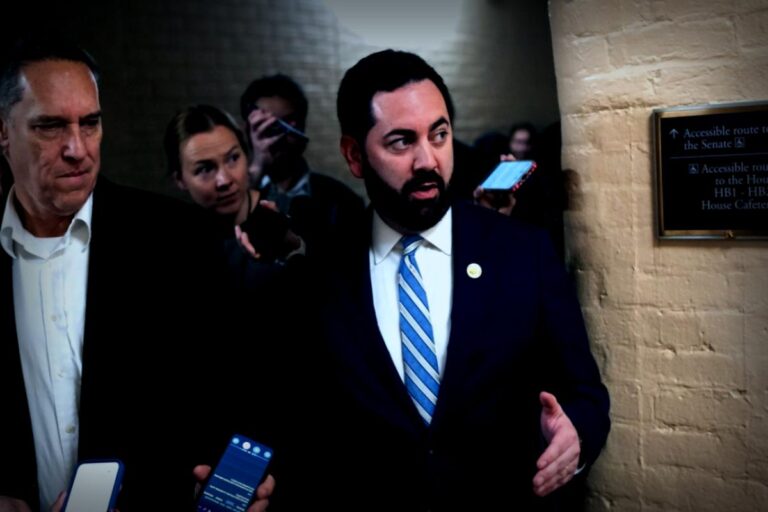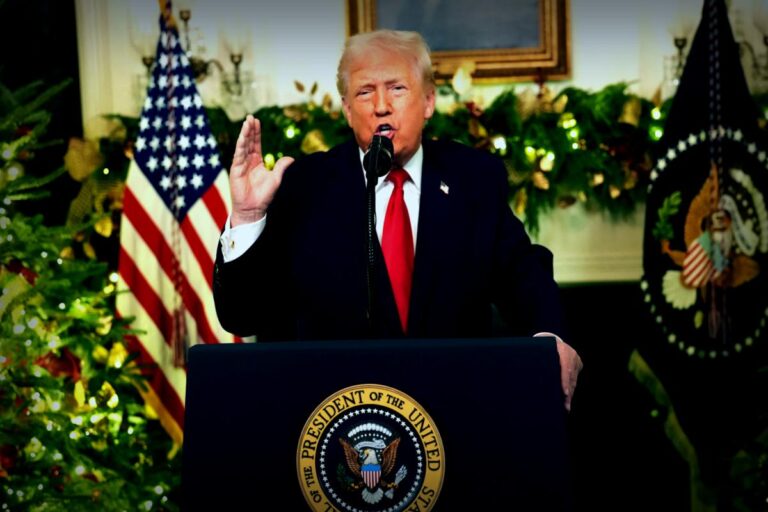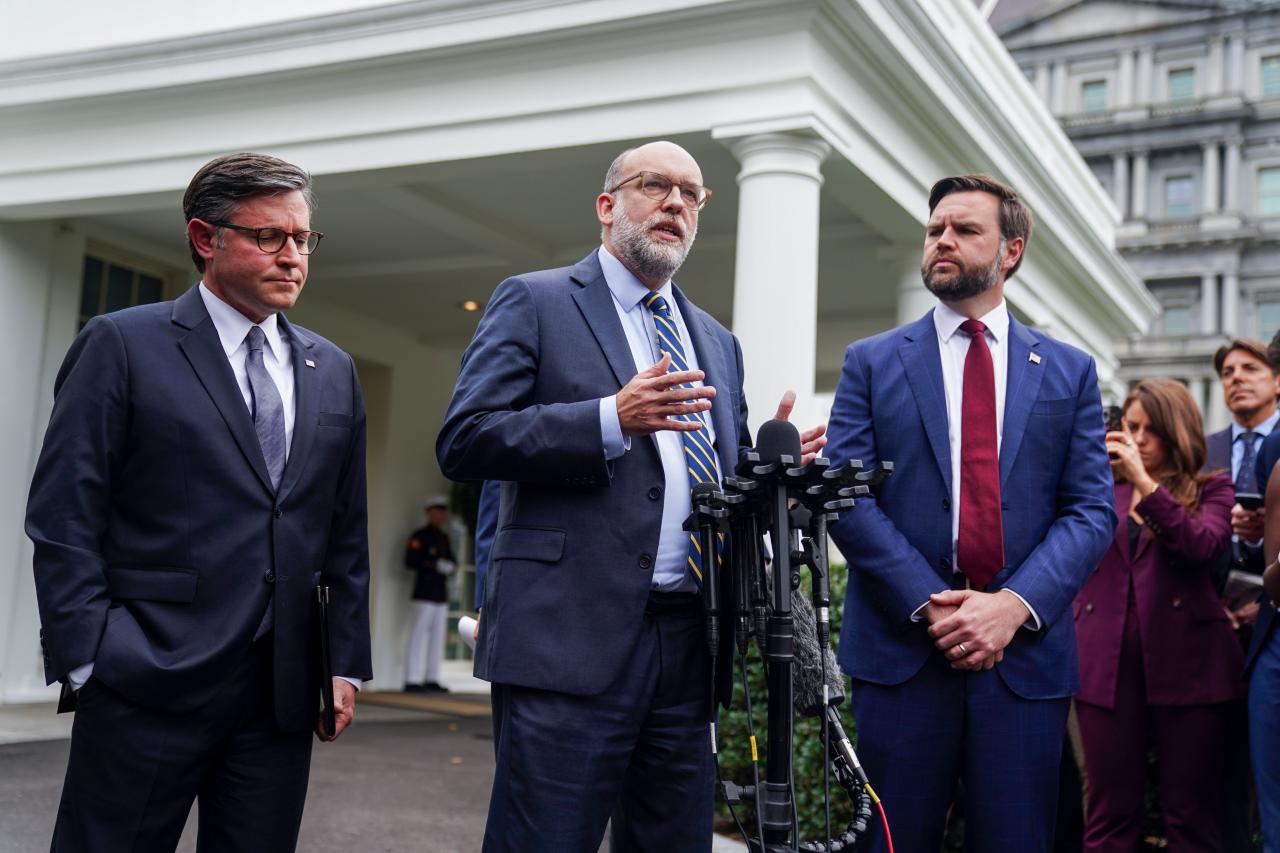
In Washington, D.C., Russell Vought is stepping into a long-awaited role during this government shutdown.
As President Trump’s main budget strategist—and a key figure behind the chaos in Washington—Vought is poised to reap benefits from this freeze, leveraging it to cut the funding he’s been advocating for years.
On Wednesday, Vought swiftly zeroed in on Democratic projects. He took to X, targeting the federal funds by announcing a hold on $18 billion meant for infrastructure in New York, including a Hudson River tunnel project and subway extension. This action sends ripple effects through New York Congress leaders, notably Senate Minority Leader Chuck Schumer and House Minority Leader Hakeem Jeffries.
The Transportation Department attributed this move to the shutdown, stating that without a budget, they had to suspend operations involving the civil rights audit concerning the projects’ diversity, equity, and inclusion standards. Their statement highlighted the direct impact of not having staff in place to conduct essential reviews.
In addition to targeting local infrastructure projects, Vought remarked he would also be canceling $8 billion in Energy Department funds destined for climate initiatives across several Democrat-leaning states, though he did not specify which projects would be impacted.
Last week, he published a memo instructing federal agencies to prepare plans for significant layoffs should the shutdown continue. During a conference call with House Republicans on Wednesday, Vought indicated layoffs might be imminent, stating changes would likely begin in a day or two. While he didn’t reveal exact figures, insiders hinted that the impending layoffs would be considerable.
Republican Senator Lindsey Graham of South Carolina, a supporter of Trump, suggested the shutdown won’t persist for too long due to concerns about Vought’s initiatives. He warned, “This OMB guy, you need to watch him. I think he definitely has the potential to disrupt the workforce negatively.”
House Speaker Mike Johnson emphasized Vought’s lifelong commitment to shrinking government, noting that he’s proceeding carefully with his tactics.

The real extent of Vought’s plans, however, remains unclear. Senator Kevin Cramer from North Dakota suggested that while it seemed to be a negotiation tactic, “there shouldn’t be any doubt about Vought’s willingness to act on those threats.”
Democratic Congressman Sean Casten from Illinois criticized Vought’s approach of threatening to terminate federal employees for what he claims are purely political reasons, stressing the danger it poses to the operational integrity of the government.
Before this shutdown, Vought stirred controversies among Democrats—and even some Republicans—with his policy on “pocket rescissions,” allowing the executive branch to hold back funds already approved by Congress.
His standpoint creates leverage against Democrats who are pushing for healthcare funding in return for government financing support. They currently take a strong stance, viewing Vought’s actions as a certainty for unilateral budget cuts regardless of Congress’s negotiations.
Hakeem Jeffries responded straightforwardly, stating, “Our response to Russ Vought is simple: get lost.”
A well-known budget strategist and participant in the conservative Project 2025, Vought has spent years shaping his ambitions during their time in the previous Trump administration when he effectively ran the OMB, molding the financial direction of the federal government.
After President Joe Biden entered office, Vought established the Center for Renewing America, focused on redefining governmental strategies and crafted plans aimed at cutting federal expenditure—now being put into play.
As per David Graham, the author of “The Project: How Project 2025 Is Reshaping America,” Vought shows unwavering commitment to slimming down government operations, removing federal personnel, and employing clever tactics to do so.
Vought’s play seemingly pulls lessons from two government shutdowns experienced during Trump’s era: the brief stoppage in early 2018 when Democrats initiated the hold-up, and the more extended 2018 shutdown—record-breaking in duration—and how strategic easing has immense potential if done right.
In a past discussion with Tucker Carlson, Vought stated that the executive branch has a say in dismissing federal employees who oppose the president’s strategies. He underscored, “You’ve got to know how to fire them, and there are methods to do that.”
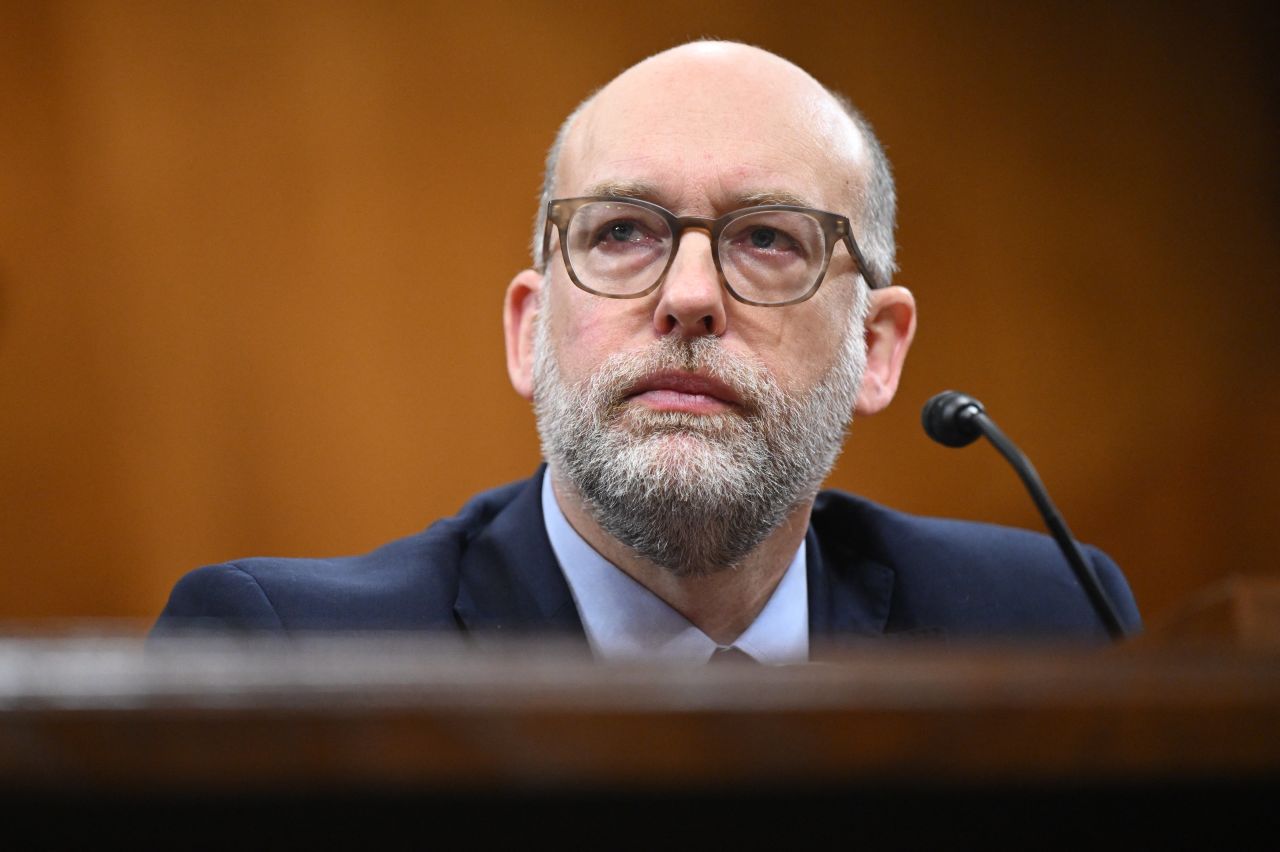
Vought argues that Congress does not maintain total control over federal finances, contrasting with the limit put in place by a 1974 law that generally restricts the White House’s ability to rescind Congress-approved funds. In January, he expressed his belief before the Senate Budget Committee that the Impoundment Control Act from 1974 was unconstitutional.
This past summer witnessed considerable outrage among Democrats when the Trump administration successfully retracted billions from previously sanctioned foreign aid, generating vast discussions across the political spectrum.
Senator Susan Collins, who chairs the Senate Appropriations Committee, outright condemned the White House when she saw it pushing to bypass Congress, branding the maneuver a straightforward infraction of legal protocol.
Republicans warn their counterparts may unwittingly step into a trap of Vought’s design. According to Kevin Madden, a strategist with historical roles in campaigns for Republican figureheads—“He understands the system deeply. Democrats certainly can’t stand him, yet some may covertly wish they had their version on their side.”
From the Democrats’ view, the administration, spearheaded by Trump and Vought, seems ready to take extraordinary steps to lean past their agendas, compelling them to restrain the Republicans’ needed backing to keep operation open.
As Sharon Block, a Harvard Law School professor who previously worked in OMB mentions, “You possess a financing process where the president can simply state, I’ll pursue my own route.” That responsibility, she concludes, “is perched squarely at Russ Vought’s feet.”
For further inquiries, connect with Scott Patterson at scott.patterson@wsj.com, Olivia Beavers at Olivia.Beavers@wsj.com, or Siobhan Hughes at Siobhan.hughes@wsj.com





